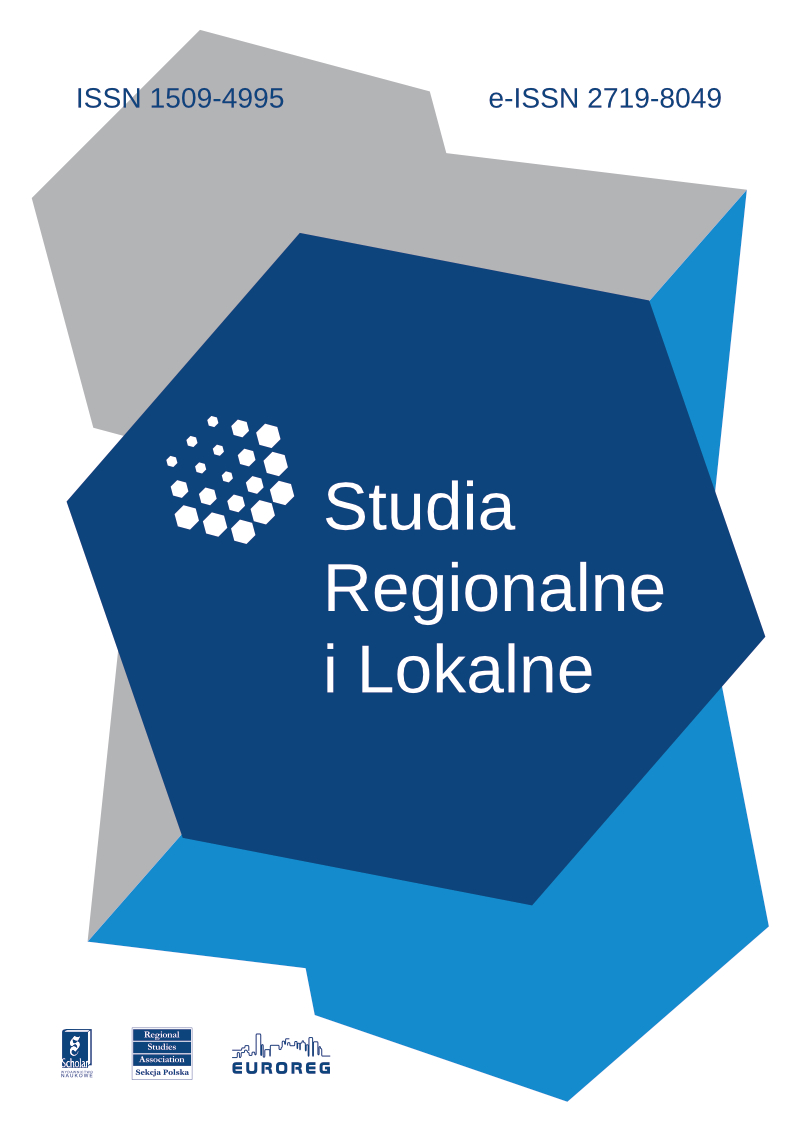Bezpartyjni prezydenci miast i ich znaczenie dla lokalnej polityki
Artykuł opisuje fenomen bezpartyjności władz lokalnych dużych miast w Polsce, jest sprawozdaniem z badań empirycznych przeprowadzonych we Wrocławiu, w Gdyni i Katowicach. Opisano w nim typowe uzasadnienia bezpartyjności, zidentyfikowano różnice między radnymi partyjnymi a bezpartyjnymi w badanych miastach oraz scharakteryzowano organizacje quasi-partyjne stanowiące polityczne zaplecze bezpartyjnych prezydentów. Badania pokazały, że charakterystyczna dla tych organizacji jest kategoria lokalnych działaczy koncentrujących swoją działalność na szczeblu lokalnym, a także że bezpartyjność może być w polityce lokalnej drogą do instytucjonalizacji szczególnego sposobu rozumienia i uprawiania polityki. Artykuł dowodzi, że problem partyjności i bezpartyjności w polityce lokalnej powinien być rozpatrywany jako część szerszego zagadnienia przenikania się sfer polityki i administracji na poziomie lokalnym.
Non-partisan Mayors and Their Impact on Local Politics
The aim of the article is to describe the phenomenon of non-partisanship of local governments in large Polish cities. It is a report from a research conducted in Wroclaw, Gdynia and Katowice. The article contains a description of typical justifications of non-partisanship, an identification of differences between partisan and non-partisan city councillors and a description of quasi-partisan organizations functioning as political support for non-partisan mayors. The results of the research confirm the existence of a specific category of local activists consistently rejecting party politics and very often having no political ambitions concerning higher levels of government; this category is typical for quasi-partisan organizations. The research demonstrates that non-partisanship can be a means of institutionalization of a particular manner of understanding and making politics. One of the final conclusions is that the problems of partisanship and non-partisanship at the local level are derivatives of a vague relationship between public administration and politics at the local level.



